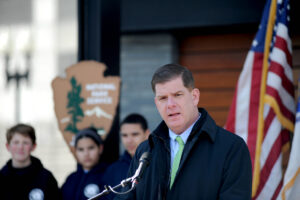Election 2020: The June 26th Democratic Primary Debate
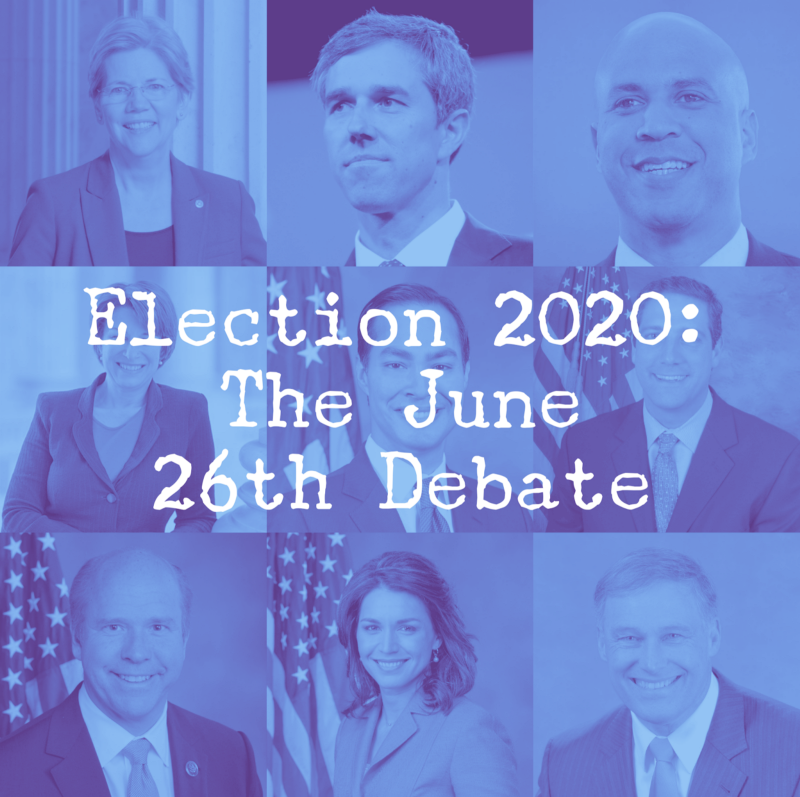
Stop me if you’ve heard this one before: There are 503 days until the 2020 presidential election! It is also less than seven months until the Iowa caucuses (February 3, 2020), the official start of the 2020 primaries. That means the time has come for the first of many, many debates between the prospective nominees.
Beginning this week, the DNC will be hosting a series of 12 debates — including six by the end of this year. However, due to the large pool of candidates, this month’s debates will be split up between two nights, with ten candidates per night.
The following candidate list is for the June 26th debate. All poll numbers are from RealClearPolitics as of Monday, June 24, 2019.
Cory Booker (2.4%)
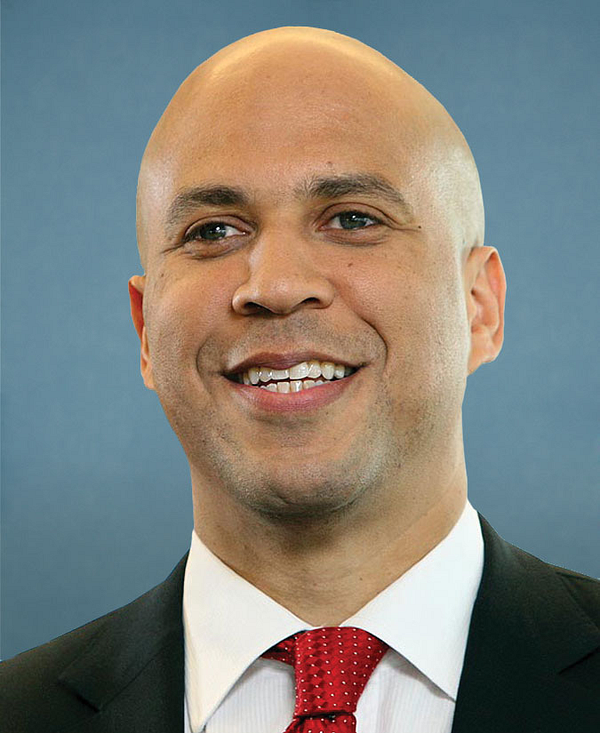
A Rhodes Scholar turned politician, Senator Cory Booker of New Jersey is one of the bigger names featured on the day one debate list. Having served in the Senate since 2013, the former Newark mayor has amassed a solidly liberal voting and legislative record. He enters this debate as a top-10 contender and the third highest-ranking candidate on stage.
Booker has strong views on criminal justice reform, proposing to use executive powers for clemency and sponsoring a bill to legalize marijuana. He also seeks to cut mandatory minimums for nonviolent drug offenders, eliminate solitary confinement for juveniles, and ban racial and religious profiling. He is a co-sponsor of Medicare for All and the Green New Deal, and a sponsor of the H.R. 40 Commission to Study and Develop Reparation Proposals for African-Americans Act. The senator also has plans for addressing voter rights, the economy (including employment opportunities), and low-income housing.
Notwithstanding, he is open to critiques of self-aggrandizement and corporate interests. Regarding the former, his “Spartacus” moment from Justice Brett Kavanaugh’s confirmation hearings is a no-brainer. For the latter, he previously received the most Wall Street donations in the 2014 midterms and has been a staunch ally of the pharmaceutical industry and Silicon Valley.
Julián Castro (0.8%)
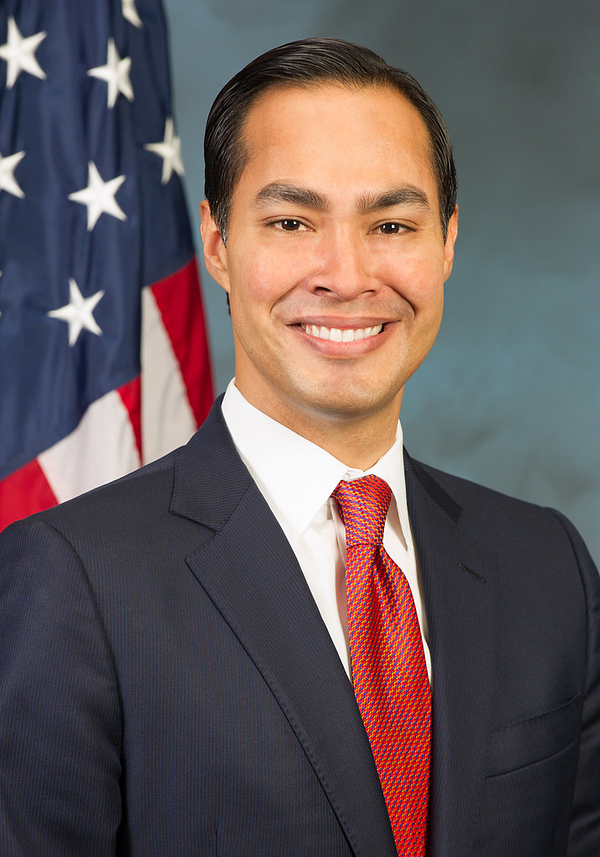
The former mayor of San Antonio and predecessor to HUD Secretary Ben Carson, Secretary Julián Castro is a Texas Democrat with a strong resume. Aside from serving in President Obama’s cabinet, Castro was on the short list to be the vice presidential nominee for former Secretary of State Hillary Clinton’s 2016 bid.
As the previous HUD Secretary, Castro has plans to address affordable housing and homelessness. He intends to create programs for universal pre-K and tuition-free public colleges, universities, and technical & vocational schools. The former mayor has extensive plans to address immigration, detailing his intention to stabilize Central American countries with the most migrants entering the US, to split ICE in half, and to revolutionize the pathway to citizenship, including DACA. He also intends to reverse several Trump Administration policies such as the travel ban, the border wall funding, and refugee spending cuts. Castro is pro-choice and has plans to reform police through demilitarization, reducing deadly force, and ending stop-and-frisk practices.
At this point in time, Secretary Castro’s biggest weakness may be his name recognition. Elections are popularity contests, and having a brand is a huge advantage in primary elections. However, this debate may be an opportunity to swing the polling more in his favor. Other than that, his other main vulnerability may be his handling of mortgage sales, during his tenure in the Obama administration.
Bill de Blasio (0.4%)
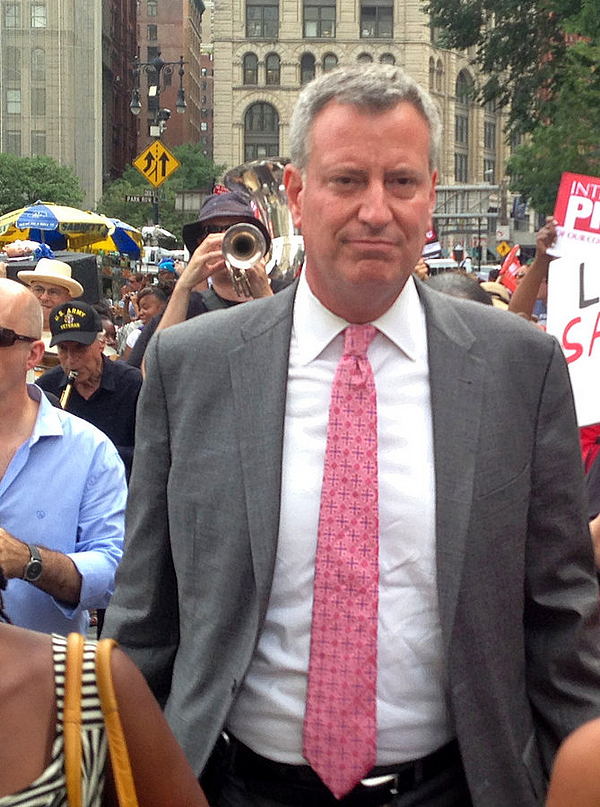
Elected in 2013, Bill de Blasio is the incumbent mayor of New York City. During his tenure, he has built a reputation as a progressive administrator, with eyes for higher office.
De Blasio’s national approach to immigration may be reflected in the “three broad goals” of his current Office of Immigrant Affairs: “enhance the economic, civic, and social integration of immigrant New Yorkers; facilitate access to justice for immigrant New Yorkers; and advocate for continued immigration reforms at all levels of government in order to eliminate inequities that impact New York’s immigrant communities.” He has previously pledged health insurance for low-income families and undocumented immigrants, proposed a $10 billion climate change plan for Manhattan, and signed a Criminal Justice Reform Act in 2016 to allow community service for low-level offenders. The NYC mayor also implemented universal pre-K and aims to improve the reading levels and on-time graduation rates of all students.
Due to his lofty ambitions, however, De Blasio has come across as more interested in running for president than properly governing the city of New York. He has also been under several federal investigations for his fundraising practices.
John Delaney (0.5%)
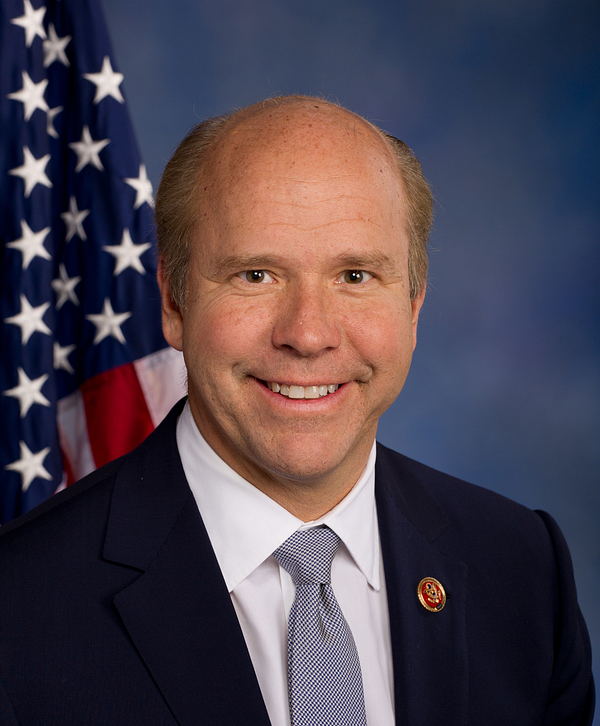
Former representative of Maryland’s 6th District, John Delaney was the first Democrat to announce his candidacy back in July 2017. Aside from his political career, Delaney has co-founded two companies: CapitalSource and Health Care Financial Partners.
While he supports universal health care, Congressman Delaney is one of the few Democrats opposed to Medicare for All. He is in favor of a $15 minimum wage and supports universal pre-K as well as free community college, as well as career and technical training. As a member of Congress, Delaney sponsored the Open Our Democracy Act with the intention to end gerrymandering and make Election Day a federal holiday. He founded the AI caucus and pushed for greater scrutiny on the impact of AI on the workforce. He previously co-sponsored a bipartisan bill for a $15-per-ton carbon tax on the fossil fuel industry and has a $2 trillion infrastructure plan for his potential presidency.
Despite having a year-long head start, Congressman Delaney’s main weak point is the fact that he’s still relatively unknown. That could very well work to his advantage in the coming debates, but for now, it is a political liability.
Tulsi Gabbard (0.5%)
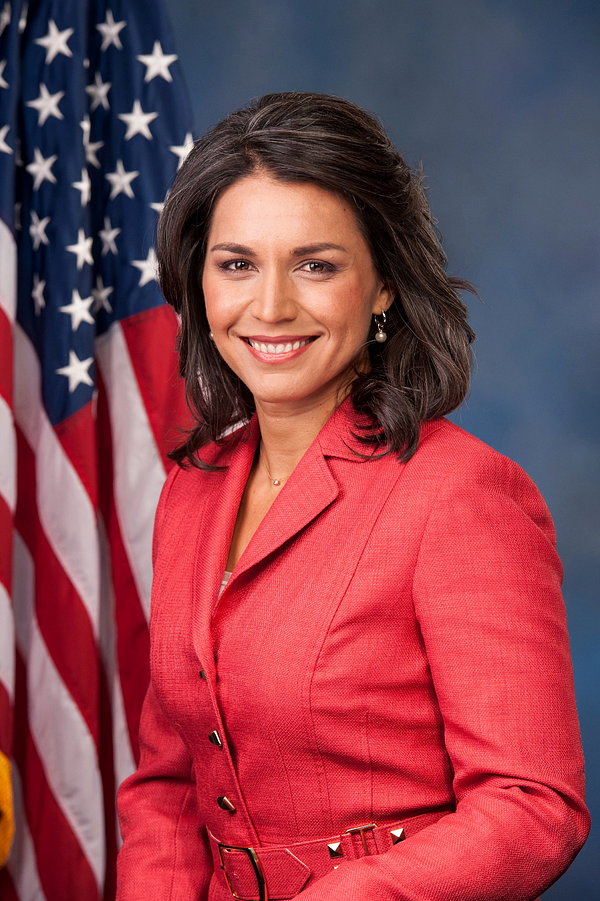
An Iraq War veteran, active member of the National Guard, and Democratic “maverick”, Rep. Tulsi Gabbard of Hawaii’s 2nd District has served in the House since 2013. She’s previously served in her state legislature, the National Guard, and was the vice chair of the DNC until she resigned in 2016.
While she has yet to state her position on the Green New Deal, Congresswoman Gabbard proposed 2017’s Off Fossil Fuels for a Better Future Act, aimed at moving to 100% renewable energy by 2035. She supports Medicare for All, but is against the elimination of private insurance. Gabbard is in favor of free 4-year public colleges and universities, and free community college. She is in favor of reducing money in politics, having supported the “Government By The People Act” to level the playing field between small donors and large corporations. The Iraq War veteran also voted for 2015’s American SAFE Act (precursor to “extreme vetting”), a position that makes her unique amongst the Democratic field (she later wrote an open letter expressing her thoughts on the bill and her decision). However, she is also in favor of reducing American military presence in the Middle East, and aims to end “regime change wars”.
That being said, the congresswoman has come under fire for a couple of reasons. The first is her secret meeting with Syrian President Bashar al-Assad, a man currently deemed a war criminal for numerous reasons. She has also previously met with the president of Egypt. The second is her previous tenure at an anti-gay organization run by her father and working to ban same-sex marriage in Hawaii in 2002 (she apologized, attributing it to her conservative upbringing). Otherwise, Gabbard mostly lacks name recognition amongst voters, something that is subject to change between now and February.
Jay Inslee (0.5%)
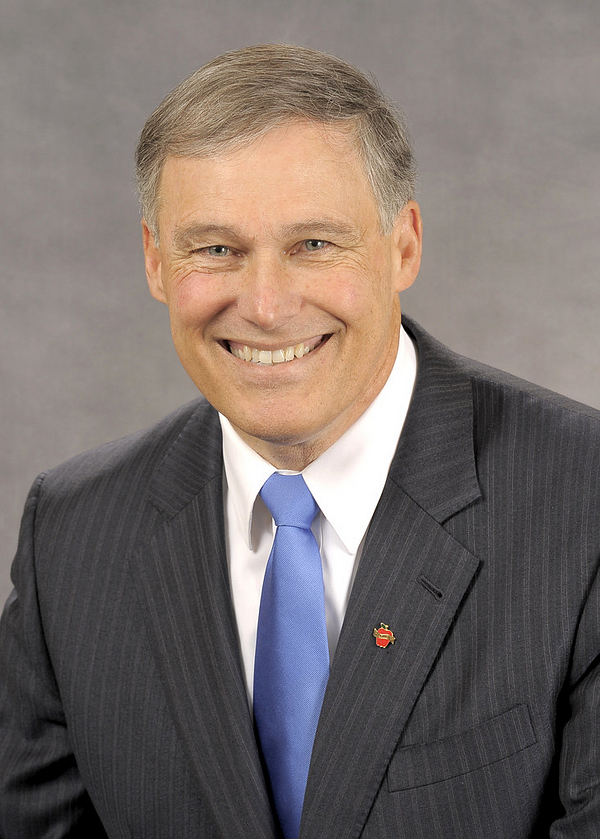
Governor Jay Inslee of Washington state has served since 2013 before announcing his presidential bid. A former representative at both the state and federal levels, Governor Inslee is the current Chair of the Democratic Governors Association. He is also a former appointee of the Clinton administration (HHS regional director).
Governor Inslee is not an explicit supporter of the Green New Deal. He has instead introduced his “100 Percent Clean Energy for America Plan”, a $9 trillion climate change platform that keeps to its namesake. Regarding immigration, Inslee has a plan for “Humane, Just, and Efficient Immigration Reform.” Part of this plan suggests the need to “[restore] foreign assistance aid to Northern Triangle countries”, and includes goals such as “meeting and exceeding the [Obama Administration] target of 110,000 refugee resettlements”, protecting DACA and DREAMers, and overall expanding opportunities for immigrants. He also opposes the current border wall funding and President Trump’s travel ban. Since 1994, the governor has been in favor of gun control and continues to push for “common sense gun safety reforms”.
Governor Inslee, who entered 2019 with a 44% approval rating (per Morning Consult), is still a relatively unknown figure in an already crowded field. At 68 years old, he is also one of the older candidates in the race, which could be weirdly detrimental in a race where the current top 3 are at least 70 years old. However, as he is younger than his strongest competition, that may prove to be a weak critique.
Amy Klobuchar (1.0%)
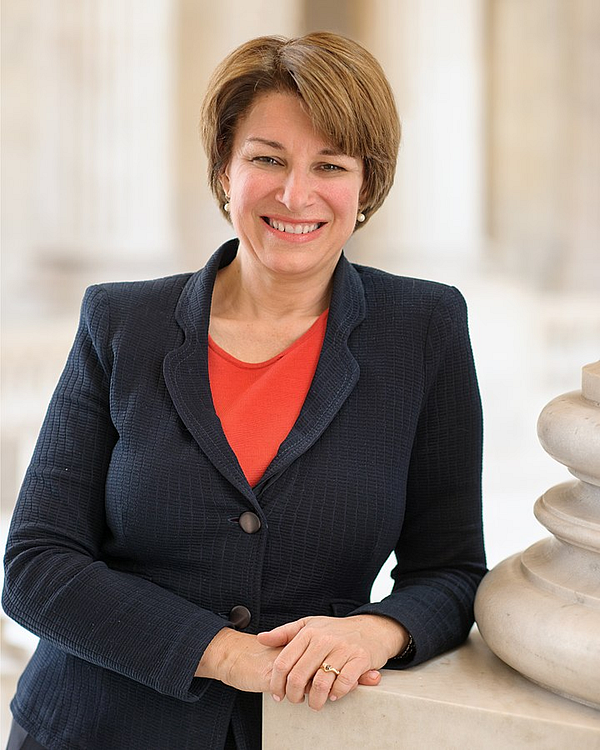
A longstanding US Senator, described as “pragmatic” in approach, Senator Amy Klobuchar of Minnesota has served her state for 12 years. Previously a lawyer, the senator has since become a top 10 contender for the Democratic nomination.
Senator Klobuchar has sweeping plans for both health care and infrastructure. For the former, she has introduced a $100 billion plan to combat mental health and the opioid epidemic, and she is a supporter of Medicare Advantage rather than Medicare for All. Regarding infrastructure, she has a $1 trillion infrastructure plan as her “top budget priority”. Alongside many of her Democratic colleagues, the senator is a supporter of both the Green New Deal and the First Step Act. She is an advocate for data privacy and regulating political advertising on social media; sexual harassment training in the Senate; and gun control measures such as universal background checks and bans on assault weapons, bump stocks, and high-capacity magazines. She has also pushed for greater protection for DACA and TPS recipients, and for drug pricing regulation.
Her “pragmatic” reputation may be a vulnerability in 2019, especially when the voter base has moved to her left on issues such as public education and health care. However, while she’s also earned a “nice” persona, there were allegations earlier this year that she is an abusive employer. There’s also the fact that, like many on this list, no one knows who she is.
Beto O’Rourke (3.3%)
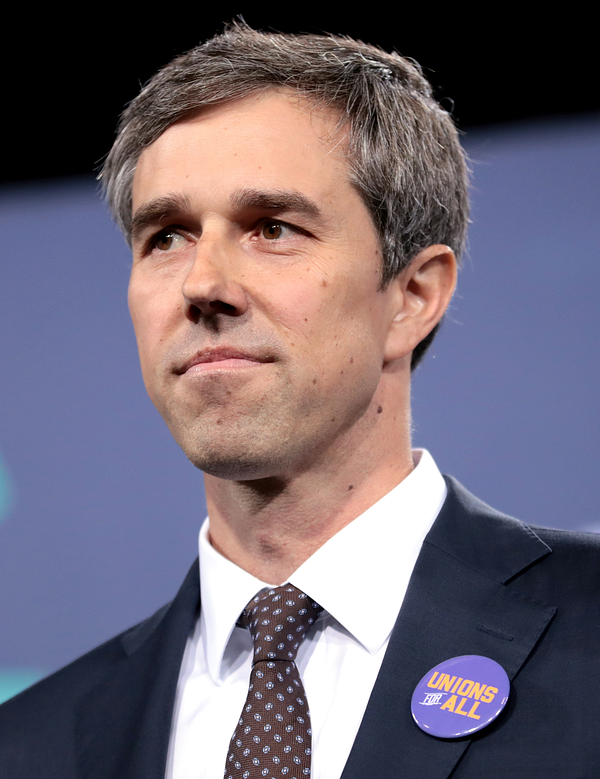
A three-time representative from the 16th District of Texas, Robert “Beto” O’Rourke gained a national profile when he challenged incumbent Senator Ted Cruz for his seat last year. While he ultimately lost to Senator Cruz, O’Rourke’s vote margin was narrow enough to cause speculation of Texas turning “purple”. He enters tonight’s debate the second highest-ranking candidate on stage.
O’Rourke is one of the Democratic candidates opposed to Medicare for All, instead endorsing Medicare for America to ensure that private insurance is not eradicated. He is a climate change advocate, forwarding his own $5 trillion dollar plan rather than endorse the Green New Deal. He supports some gun control measures (universal background checks and bans on AR-15s and cross-state concealed carry permits), a $15 minimum wage, and the decriminalization of marijuana (including expunging of records). He has also previously suggested an oil tax of $10 per barrel, as well as enacting term limits for Supreme Court justices.
However, O’Rourke has come under fire from the left for his ties to the business sector and potential lack of progressive policies. He has previously voted in favor of private companies, he is absent from the bill for debt-free college, and does not support breaking up Big Tech firms. There’s also the perception that he panders heavily to Hispanic voters.
Tim Ryan (0.6%)
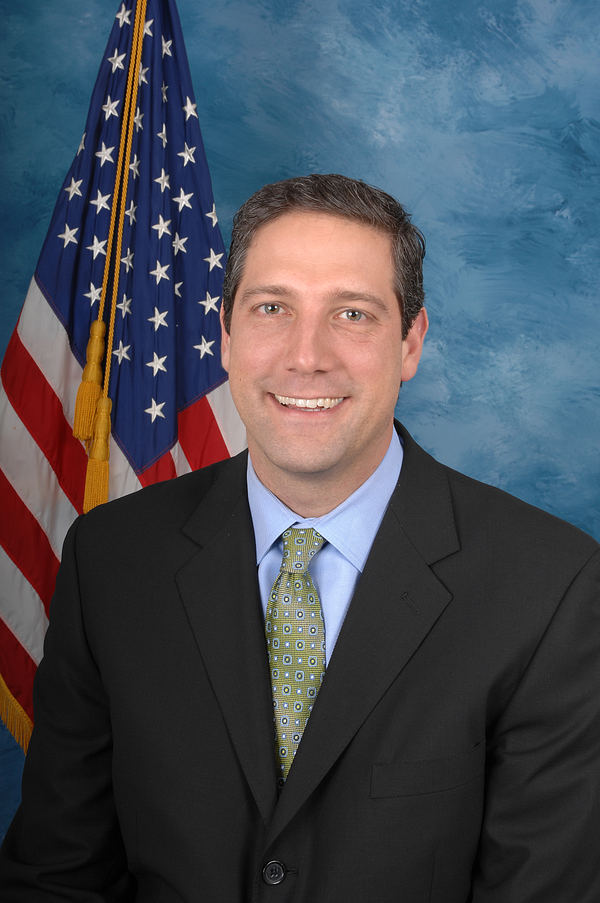
Congressman Tim Ryan is the US representative of Ohio’s 13th District (formerly 17th). He has served his district since 2003 and is a sitting member of the House Appropriations Committee.
Congressman Ryan is opposed to tax cuts, noting that since 1980, wages have stagnated and health care has become more expensive. He supports both single-payer health care and the Affordable Care Act. He wants to increase renewable energy production, hoping to have the US as the dominant manufacturer and exporter of electric vehicles. He is in favor of reducing mandatory minimum sentencing and supports body cameras for police officers, hoping to drive down cases of fatal force.
Aside from critiques of his challenge to Nancy Pelosi for Speaker of the House, Ryan may be dogged by criticism of flip-flopping. Prior to 2017, the NRA granted him an A rating, indicating he was not in favor of strong gun control measures. He later pledged to donate the money he received from the organization following the Las Vegas shooting. On top of that, he has recently (2015) changed his public position on abortion, an issue critical to many Democratic voters.
Elizabeth Warren (12.4%)
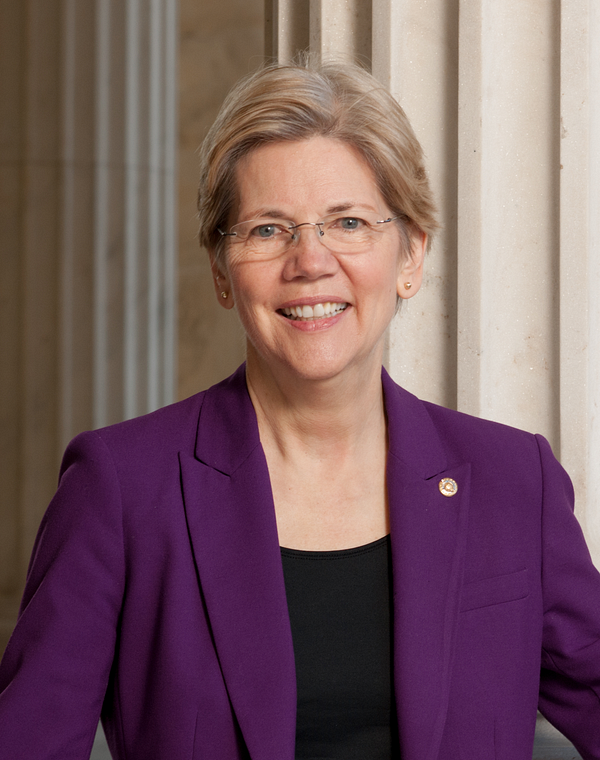
Senator Elizabeth Warren of Massachusetts is a woman who prides herself on being more prepared than Batman. She has plans to fix everything, from tax reform to reparations to your love life. She is entering tonight’s debate ranked third highest overall and the highest-ranked candidate on the stage.
Running on a platform she calls “economic patriotism”, Senator Warren’s focus is very tax heavy, using the revenues to fund proposals such as Medicare for All, the Green New Deal, and the elimination of $640 billion in student loan debts. This primary tax is a wealth tax where 2% is paid on every dollar over $50 million and 3% on every dollar above $1 billion. A self-described “Democrat capitalist”, Warren was a central figure in the formation of the Consumer Financial Protection Bureau and prefers to regulate the private sector and hold them accountable to consumers. She has also suggested breaking up Big Tech companies like Amazon, Facebook, and Google, and adding restrictions for operators and users of digital platforms. The senator is a co-sponsor of Senator Booker’s Marijuana Justice Act, and she supports replacing the electoral college with the national popular vote in the presidential elections. Warren also has plans to address criminal justice, the opioid crisis, and investment in HBCUs.
Aside from the cost of her plans, Warren’s main line of criticism is regarding her racial sensitivity. While she seems keen on addressing the needs of minorities and impoverished Americans, Warren’s very public faux pas regarding her DNA test (for Native American ancestry) left a bad taste in many voters’ mouths.
How do you feel about the candidates? Be sure to watch tonight’s debate to see how they do! Tune in NBC, MSNBC, or Telemundo from 9 to 11 PM!
Want to keep up with PubSquare? Follow us on Twitter and Instagram!
Want to keep up with The RYM? Like us on Facebook, follow us on Twitter, follow us on Instagram, or join our mailing list below!



